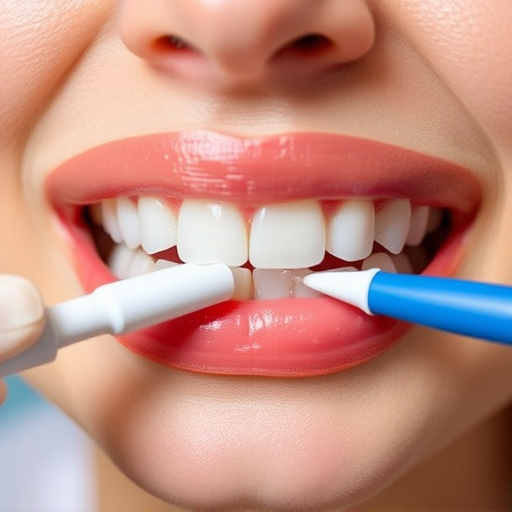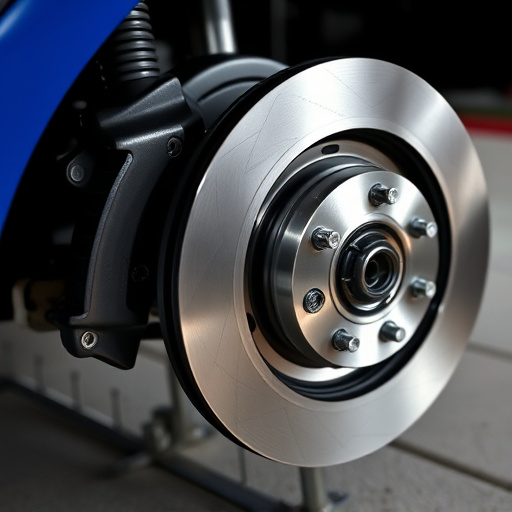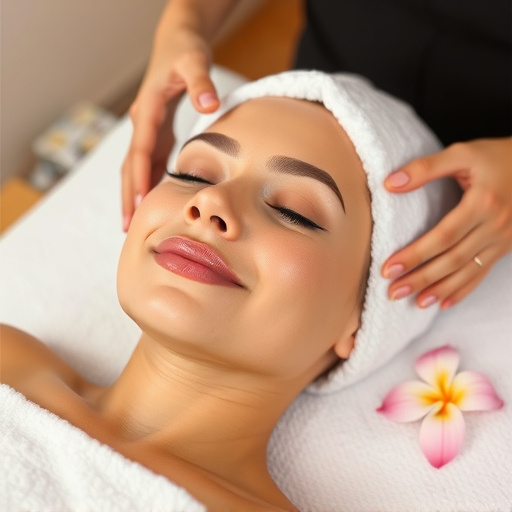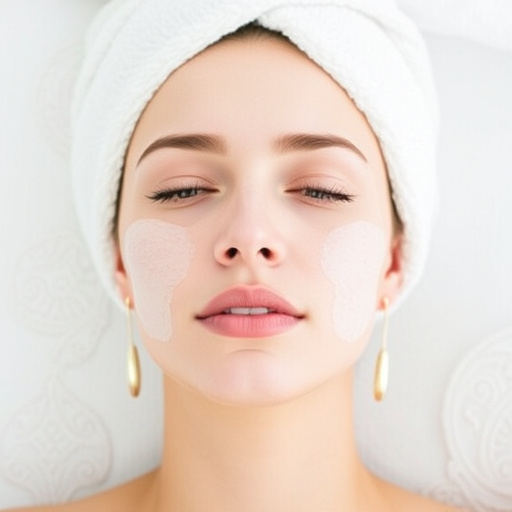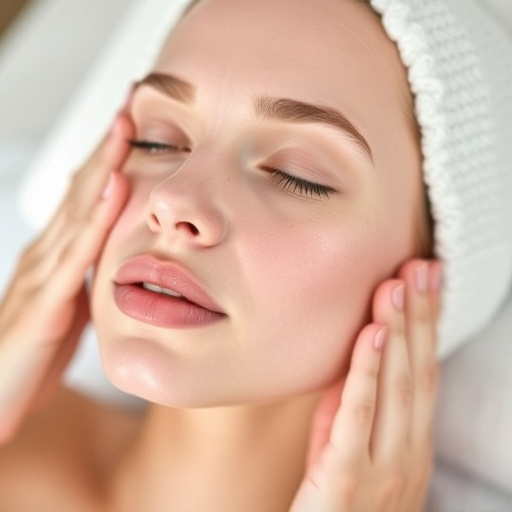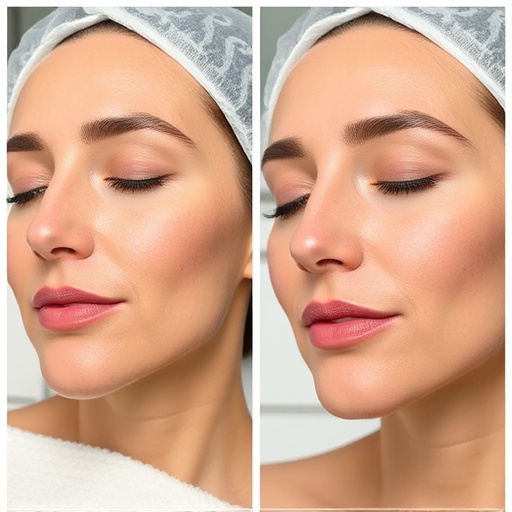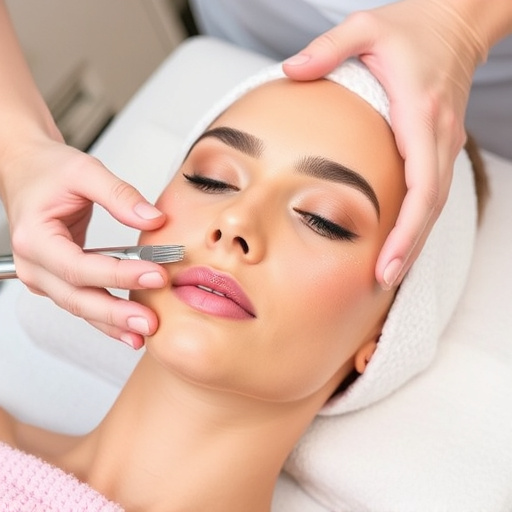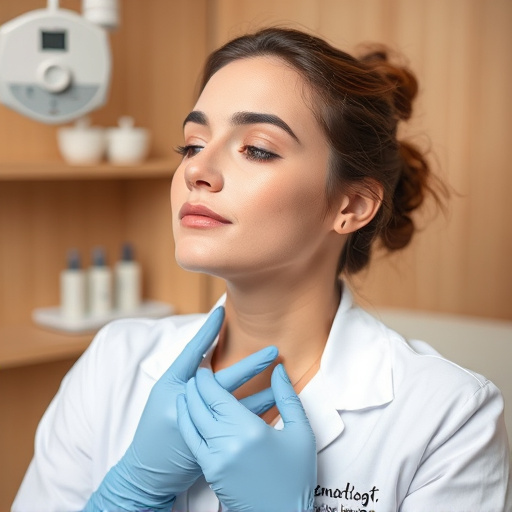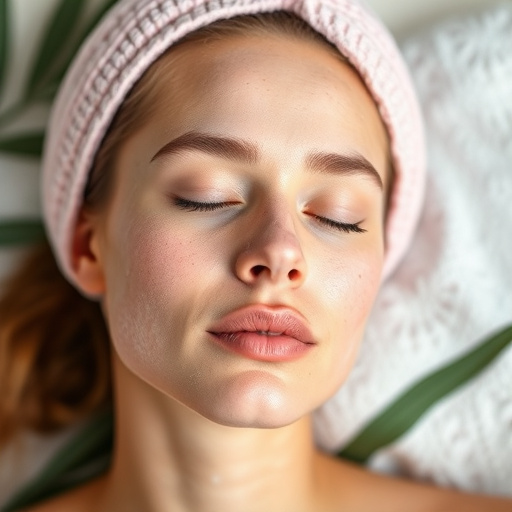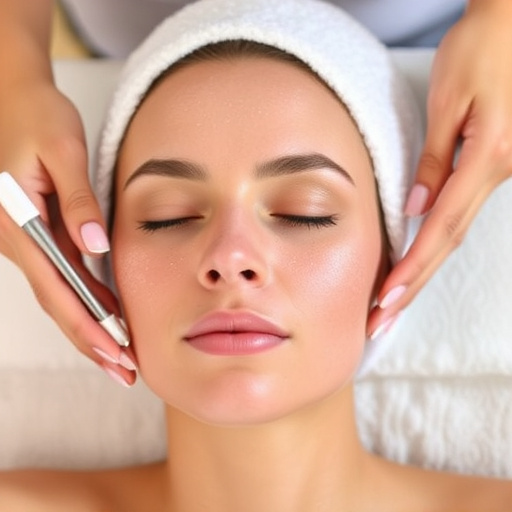Hormonal acne treatment involves managing stress alongside medical spa services and skincare routines to reduce oil production and inflammation. Chronic stress disrupts skin healing by increasing androgen levels and cortisol, worsening acne. Techniques like meditation, exercise, and sleep regulate hormones for clearer skin. Balanced diet, laser hair removal, and deep breathing also enhance hormonal acne treatment outcomes.
Stress and hormonal acne treatment? It’s a complex relationship. Hormonal acne, driven by fluctuating hormones, can be stubborn and resilient. But stress enters the picture as a silent aggravator, releasing cortisol that can spike acne-causing hormones. This article delves into the connection between stress and hormonal acne, exploring how chronic stress can hinder treatment effectiveness and offering valuable strategies to mitigate stress for clearer skin. Discover how managing stress could be the missing piece in your hormonal acne treatment plan.
- Understanding the Stress-Hormone Link in Acne
- Impact of Chronic Stress on Hormonal Acne Treatment
- Strategies to Mitigate Stress for Optimal Hormonal Acne Treatment Results
Understanding the Stress-Hormone Link in Acne
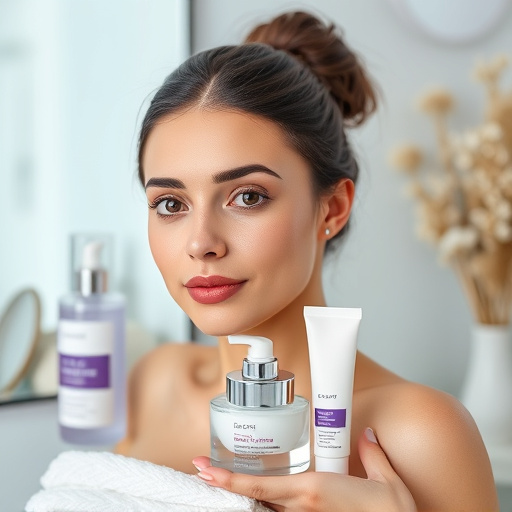
Stress and acne have a complex relationship rooted in our bodies’ hormonal responses. When we experience stress, whether it’s due to everyday pressures or significant life events, our bodies release hormones like cortisol and adrenaline. These hormones can trigger an increase in oil production by the sebaceous glands, one of the primary contributors to acne formation. This process is often referred to as the “stress-acne” connection, highlighting how emotional stress can directly impact skin health.
Furthermore, chronic stress can disrupt the balance of hormones in our bodies, including those involved in skin rejuvenation. As a result, it may hinder the effectiveness of hormonal acne treatment methods. Non-surgical treatments like microneedling therapy have gained popularity for their potential to improve skin texture and reduce acne scars. However, managing stress alongside these treatments is crucial for optimal results. By addressing stress levels, individuals can support their skin’s natural healing process and enhance the overall success of hormonal acne treatment.
Impact of Chronic Stress on Hormonal Acne Treatment
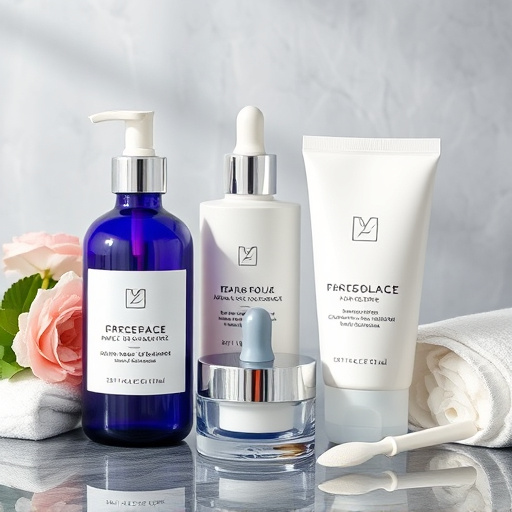
Chronic stress can significantly impact the effectiveness of hormonal acne treatment. When an individual is under constant stress, their body triggers a cascade of hormonal changes, often leading to increased production of androgens, which are associated with acne development. This hormonal shift can make existing acne more severe and also increase the likelihood of new breakouts. Moreover, high-stress levels may cause individuals to adopt less healthy coping mechanisms, such as excessive eating or skipping meals, both of which have been linked to poor skin health.
Stress management becomes a crucial component in any hormonal acne treatment plan. Incorporating stress-reducing practices like mindfulness meditation, regular exercise, and adequate sleep can help regulate hormones and promote clearer skin. Non-surgical treatments, such as those offered at medical spa services, can also play a role in managing hormonal acne by addressing underlying inflammation and balancing the skin’s natural oils. Additionally, laser hair removal can be beneficial for reducing acne-causing bacteria and oil buildup associated with pilosity.
Strategies to Mitigate Stress for Optimal Hormonal Acne Treatment Results
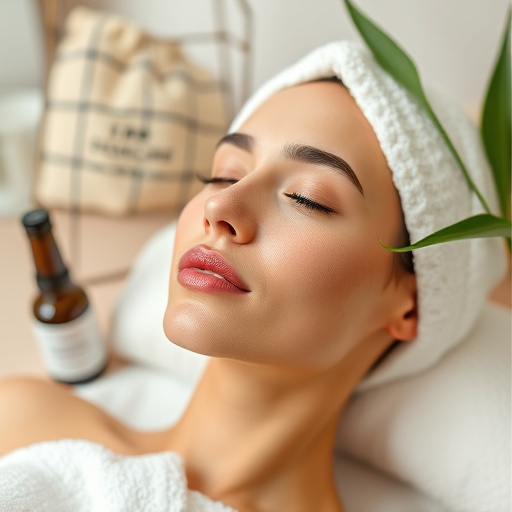
Stress can significantly impact the effectiveness of hormonal acne treatment. High-stress levels trigger the release of cortisol, a hormone that can stimulate oil production and disrupt skin cell turnover, exacerbating acne. To optimize results from hormonal acne treatment, implementing stress-mitigation strategies is crucial. Incorporating practices such as regular exercise, mindfulness meditation, or deep breathing exercises into your daily routine can help lower stress levels. Additionally, maintaining a balanced diet and adequate sleep are essential for supporting overall skin health and enhancing the outcomes of hormonal acne treatments like customized facials and personalized skincare routines. Even considering non-invasive procedures like laser hair removal for areas prone to acne, stress management remains a key component for achieving clear, healthy skin.
Stress can significantly impact the effectiveness of hormonal acne treatment. By understanding the connection between stress and hormones, individuals can proactively manage their acne with a holistic approach. Incorporating stress-mitigation strategies, such as mindfulness practices and lifestyle adjustments, alongside medical treatments, can lead to better outcomes in combating hormonal acne. This dual-pronged approach ensures that both the body’s physical and mental states are optimized for clear, healthy skin.


